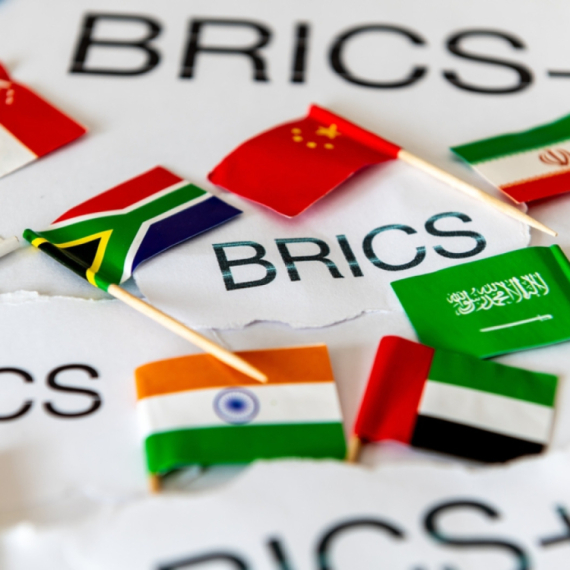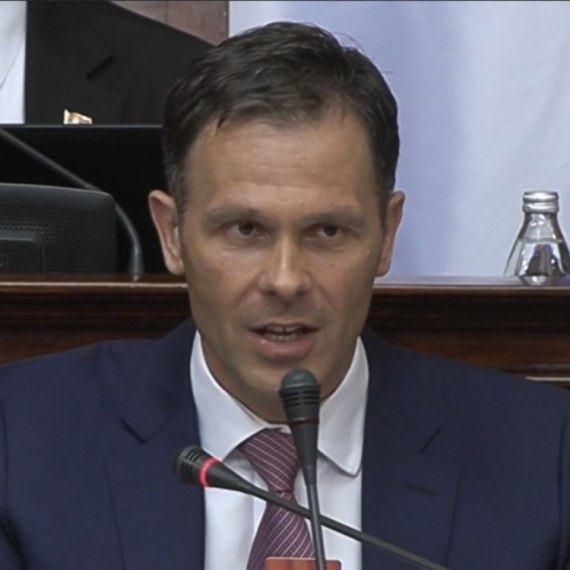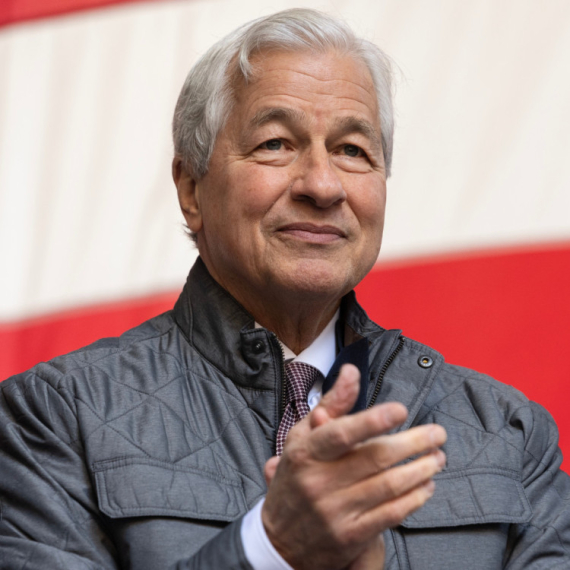U.S. President Donald Trump signed an executive order allowing the sale of the American company U.S. Steel to the Japanese company Nippon Steel for $14.9 billion. The agreement includes commitments for $11 billion in new investments, with an additional $3 billion to be invested after 2025. Japan’s Ministry of Economy welcomed the decision, expressing confidence that the new investment will strengthen the steel industry and the partnership between the two countries. However, questions remain about the extent of U.S. control over the company, as Nippon Steel has not provided details about the so-called “golden share” previously promised to the U.S. government. Pennsylvania Senator David McCormick stated that the “golden share” would give the government veto power over key decisions related to the American steel icon. Earlier, outgoing President Joe Biden blocked the Japanese corporation’s attempt to acquire U.S. Steel for security reasons, insisting the company must remain under American ownership.
Political Perspectives:
Left: Left-leaning reports emphasize concerns about national security and the potential loss of American control over a key industrial asset. They highlight the previous blocking of the sale by President Biden as a protective measure for American industry and workers. There is skepticism about the promises made by Nippon Steel regarding the ‘golden share’ and the real extent of U.S. government oversight after the sale.
Center: Centrist coverage focuses on the economic and strategic aspects of the deal, noting the significant investment commitments by Nippon Steel and the potential benefits for the steel industry and bilateral relations. They present balanced views on the concerns about control and security, mentioning both the approval by Trump and the earlier blocking by Biden, without strong bias.
Right: Right-leaning narratives tend to emphasize the benefits of free market and foreign investment, praising the deal as a positive development for the American steel industry through new capital inflows. They may downplay security concerns and frame the sale as a pragmatic business decision that strengthens international partnerships and economic growth.






































